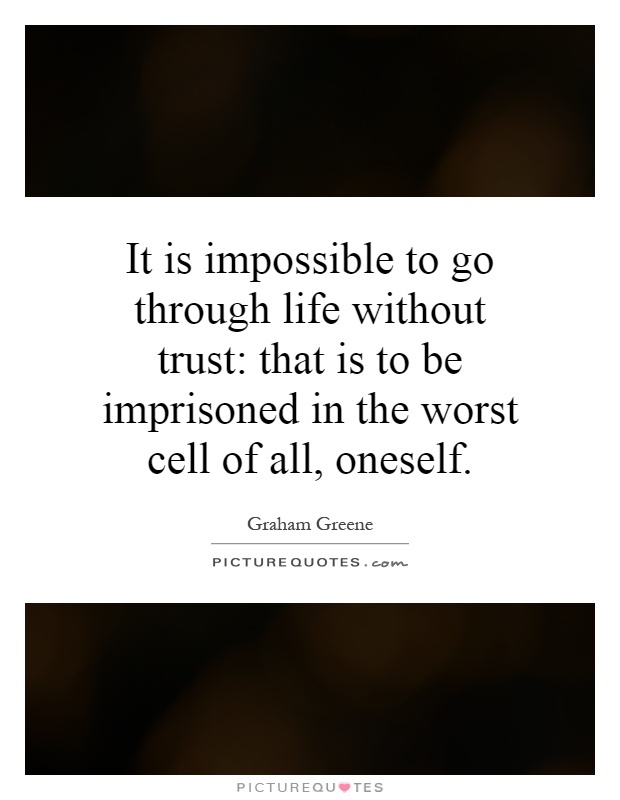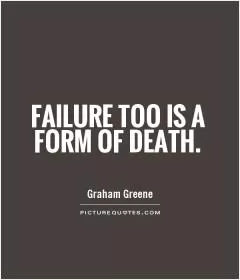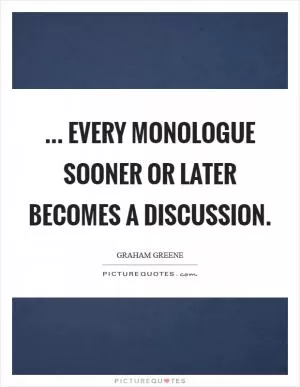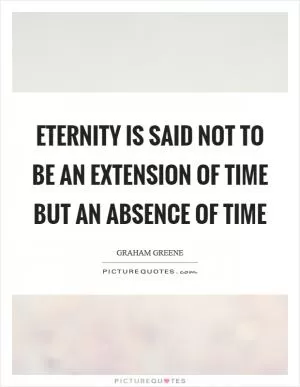It is impossible to go through life without trust: that is to be imprisoned in the worst cell of all, oneself

It is impossible to go through life without trust: that is to be imprisoned in the worst cell of all, oneself
Graham Greene, a renowned British novelist, playwright, and critic, often explored themes of trust, betrayal, and moral ambiguity in his works. In his novels, characters are frequently faced with moral dilemmas that force them to question their beliefs and trust in others. Greene believed that trust was essential for human relationships and that without it, individuals would be trapped in a prison of their own making.In Greene's novel "The Power and the Glory," the protagonist, an unnamed whiskey priest, struggles with his faith and trust in God as he navigates a hostile and oppressive environment in Mexico. The priest is hunted by the authorities for practicing his faith, and he must rely on the trust of others to survive. Throughout the novel, the priest grapples with his own doubts and fears, but ultimately finds solace in his trust in God and the goodness of humanity.
Similarly, in "The Quiet American," Greene explores the complexities of trust and betrayal in the context of the Vietnam War. The novel follows the relationship between a British journalist, Thomas Fowler, and an idealistic American aid worker, Alden Pyle. As the two men become entangled in a love triangle with a Vietnamese woman, their trust in each other is tested, leading to betrayal and tragedy. Greene uses the characters' relationships to examine the consequences of misplaced trust and the destructive power of betrayal.
In both of these novels, Greene illustrates the importance of trust in human relationships and the consequences of its absence. Without trust, individuals are left isolated and vulnerable, unable to connect with others or find meaning in their lives. Greene suggests that trust is essential for personal growth and fulfillment, and that without it, individuals are doomed to a life of loneliness and despair.












 Friendship Quotes
Friendship Quotes Love Quotes
Love Quotes Life Quotes
Life Quotes Funny Quotes
Funny Quotes Motivational Quotes
Motivational Quotes Inspirational Quotes
Inspirational Quotes